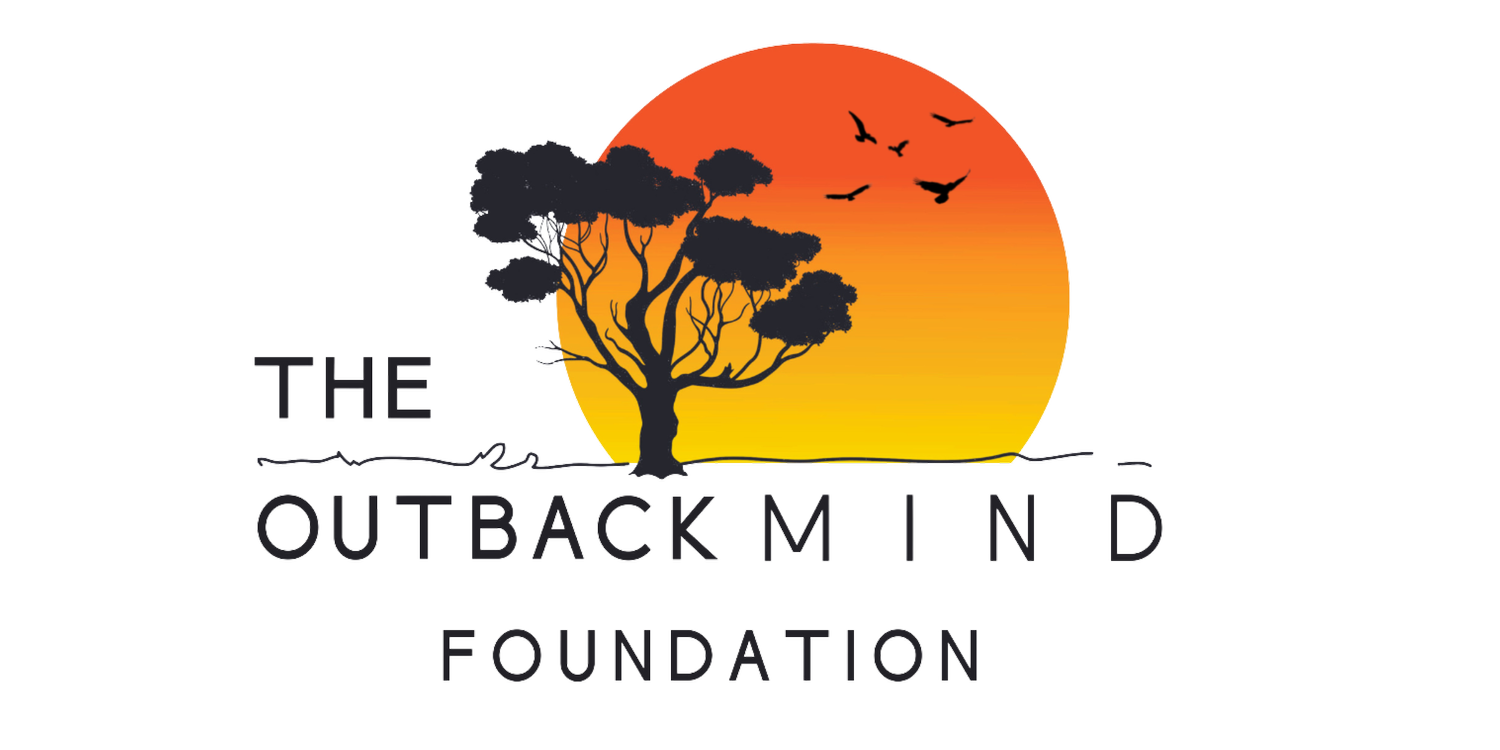Self-Care Toolkit
At The Outback Mind Foundation, we are passionate about prehabilitation rather than rehabilitation. What this means is actively taking steps to improve your mental and physical well-being BEFORE you start to struggle with them. BEFORE you need intervention such as counselling or medication. Of course, there is nothing wrong with seeking help when you need it. But there are a host of things you can do to improve your life and well-being, and many of these can start at home.
Better Sleep
Your sleep quality can be affected by many things, including stress, anxiety, other health issues, drug and alcohol use, shift work, or just a chaotic routine. But, improving your sleep quality can also help improve many of things, such as stress, anxiety, and health issues. Here are a few tips to help you get a better night’s sleep:
Have a routine - a regular time that you get up, and a regular bedtime.
Exercise earlier in the day. This is one of the secret ingredients to a good night’s sleep. If you prefer to exercise in the evening, try a light exercise.
Avoid taking naps during the day.
Avoid coffee, tea and alcohol after dinner.
Make sure your bedroom is comfortable and dark.
Have a warm shower before bed, and avoid watching TV or spending time on your phone in bed.
Try meditation, light stretches or another calming practice before bed.
Speak to your GP - if you are having persistent issues with sleep, it may be worth speaking to your doctor.
Have You Time
There is nothing wrong with being a bit selfish every now and then. In fact, we encourage you to put yourself first and prioritise your own health. Set aside time each and every day - even if it is just a few minutes - to do something that makes you feel good about yourself.
Just Breathe
Feeling stressed or anxious? Try practicing some controlled breathing. Your breathing rate tends to increase when you’re feeling stressed, worried or anxious. This in turn causes your heart rate to increase, and then your thoughts become more chaotic. Controlling your breathing can reverse this cycle and help you to feel calmer and more in control.
Breathe in slowly through your nose - allow your chest and lower belly to rise as you fill your lungs
Pause
Breathe out slowly through your mouth
Continue doing this until you feel calmer. The aim is to slow your breathing down to about 6 to 7 breaths per minute.
Exercise
Exercise is not only good for your physical health, but also for your mental health. Even a short burst of cardio can help relieve stress and frustration, and help you to feel better about yourself. However, one of our favourite ways of moving our body for improved mental health is through the practice of yoga. Yoga is considered one of the oldest forms of exercise, generally involving stretching, breathing and a period of deep relaxation or meditation. Yoga has been shown to have a postive impact for people managing symptoms of depression, anxiety, and stress. It’s a low-risk, high-benefit approach to improving your overall health, both physically and mentally.
Regular yoga practice may help to:
Relieve stress
Lower anxiety levels
Decrease depression
Improve sleep quality
Enhance quality of life
Have Some Fun
Social relationships are really important to your general well-being, so get out there and connect with other humans. Have some laughs, forget about your stresses and worries for a while, and just have some fun. If you’re not up for going out, even a phone call, a text message, or a Facebook message can leave you feeling more connected to friends and family, and give you a mood boost.
Please remember, that these tips are for general information only. They are not intended to be and should not be relied on as a substitute for specific medical or health advice.
